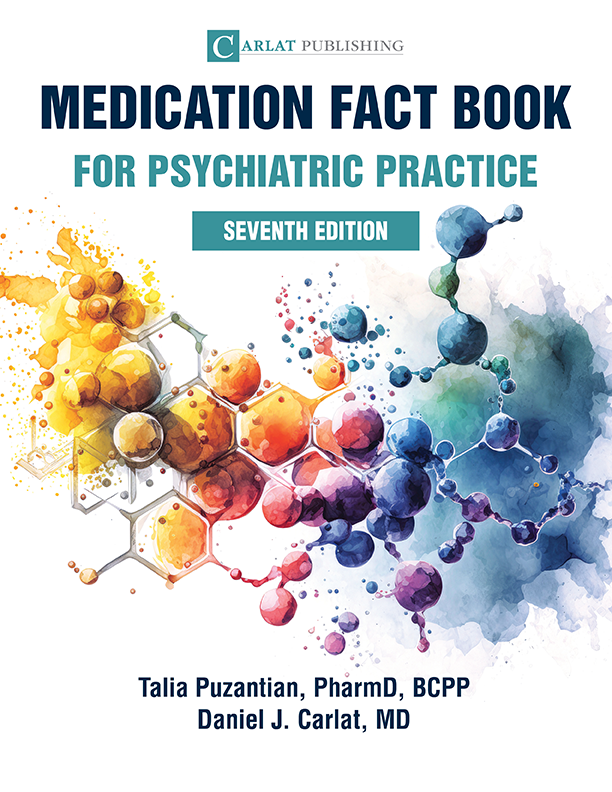General Psychiatry
Pharmacogenetic Testing: An Update
Daniel Carlat, MD
Publisher The Carlat Psychiatry Report
Dr. Carlat has disclosed that he has no relevant financial or other interests in any commercial companies pertaining to this educational activity.
Read More
Understanding Pharmacogenetics Research
Rudolf Uher, MD
Professor, Department of Psychiatry, Dalhousie University School of Medicine, Halifax, Nova Scotia
Dr. Uher has disclosed that he has no relevant financial or other interests in any commercial companies pertaining to this educational activity.
Read More
Switching Antidepressants May Be No Better Than Staying the Course
The Carlat Report Staff
Read More
First-Episode Psychosis
 Ann Shinn, MD
Co-medical director, McLean OnTrack Director of Clinical Research, Schizophrenia and Bipolar Disorder Research Program, McLean Hospital Assistant Professor of Psychiatry, Harvard Medical School
Dr. Shinn has disclosed that she has no relevant financial or other interests in any commercial companies pertaining to this educational activity.
Ann Shinn, MD
Co-medical director, McLean OnTrack Director of Clinical Research, Schizophrenia and Bipolar Disorder Research Program, McLean Hospital Assistant Professor of Psychiatry, Harvard Medical School
Dr. Shinn has disclosed that she has no relevant financial or other interests in any commercial companies pertaining to this educational activity.
Open Dialogue: A Novel Approach to Treating People With Psychotic Disorders
Adrienne T. Gerken, MD
Department of Psychiatry, McLean Hospital, Belmont, MA
Joseph B. Stoklosa, MD
Clinical director, Psychotic Disorders Division, McLean Hospital
Dr. Gerken and Dr. Stoklosa have disclosed that they have no relevant financial or other interests in any commercial companies pertaining to this educational activity.
Read More
Anecdotes From the Field: Prescribing Ketamine
Michael Posternak, MD
Psychiatrist in private practice, Boston, MA
Dr. Posternak has disclosed that he has no relevant financial or other interests in any commercial companies pertaining to this educational activity.
Read More

_-The-Breakthrough-Antipsychotic-That-Could-Change-Everything.jpg?1729528747)



